Harbin Amusement Park
Harbin Amusement Park
Harbin amusement park is located at the junction of the outer Road area and Nangang District. It was founded in 1958. Originally known as Harbin Cultural Park, it covers an area of 22.8 hectares. It is the largest modern open-air amusement park in the three northeastern provinces and ranks fifth among the 12 amusement parks in the country. In 2010, it was selected as "AAAA" tourism scenic spot by the National Tourism Administration, designated by the Municipal Tourism Bureau as the designated tourism unit and the demonstration window unit of the civilized industry, and evaluated as "Grade A Park" by Heilongjiang Province.
Historical evolution
Harbin Cultural Park, once known as "Harbin Amusement Park", was built in 1958 and was the first batch of cultural parks in the early days of the founding of our country. Over the years, with the management concept of "safety first, service first, ecology first, culture first", the park has built a pioneering, innovative and cohesive public welfare service team. Annually, it received 2 million tourists and was awarded the first batch of "AAAA" level national tourist attractions. It has won the honorary titles of Heilongjiang Provincial Civilization Unit and National Excellent Amusement Park.
Located in the center of the city, Harbin Cultural Park is adjacent to Jile Temple, Confucian Temple and Military Industrial Park. It is a multi-cultural exchange center and a cultural relics protection unit in Heilongjiang Province. The park has the Sabbath Church of the Virgin Mary (Alias: Usbinccia Church) which was built in 1908, and the bell tower and confession pavilion which were built in 1930. The cemeteries of Poland, the Czech Republic, the United States, Britain, Germany, France, Italy and other "seven countries" have also been opened here by Orthodox Church, Judaism, the Soviet Red Army and some Israelis, Russians, Tatars and Dutch. Every year, many historians are attracted to visit and study here, and the memory of the deceased has become a bridge and link linking the friendship between China and foreign countries.
After more than 50 years of development, the park has accumulated a profound historical and cultural heritage, and the special public welfare activities held annually have always been the core and highlight of the cultural activities in the park. In recent years, the park has spared no effort to promote the development of cultural undertakings. It has held the Heilongjiang Children's Calligraphy and Painting Competition, the "61" theme cartoon drama performance, the "I accompany my mother to plant trees" public welfare activities, the left-behind children's love park, the "Dancing Songjiang" health dance competition and other large-scale cultural and sports activities, and will launch a series of "people are really happy" cultural activities to strive to create a close relationship. The common people, the cultural brand which embodies the characteristics and appreciates both elegance and vulgarity.
The Park covers an area of 22.8 hectares, aiming at creating the garden environment of "seeing green in four seasons and seeing flowers in three seasons", paying attention to the cultivation and protection of plants and flowers. It now has 74 rare tree species, including thick plum, linden and berberis, more than 1,800 trees and 4,000 shrubs. It is known as "green living fossil" for more than 20 ancient trees in one hundred years, and nearly 100,000 square meters of green space, which covers the whole park area. 53% is one of the best ecological garden green space in Harbin.
In order to meet the diverse needs of citizens, in recent years, the park has opened public service facilities such as 10,000-meter fitness square for middle-aged and elderly people, additional seats, garbage bin, mobile public toilet, vending machine, cold fog machine, outdoor hand-washing pool, etc. It has continuously improved the environmental construction of the park, increased dynamic video surveillance equipment, safety signs, and pioneered the introduction of SP color road surface in Heilongjiang Province. At the same time, more than 40 large, medium and small modern amusement facilities have been introduced, which has become a comprehensive European cultural amusement park integrating leisure and entertainment, ecological protection and popular science education.
Traffic information
Metro Line: Get off at Harbin Engineering University by Metro Line 1
Bus routes: get off at Nantong Street by bus No. 3, 6, 14, 25, 52, 53, 55, 66, 70, 74, 78, 92, 104, 105, 115 and 116
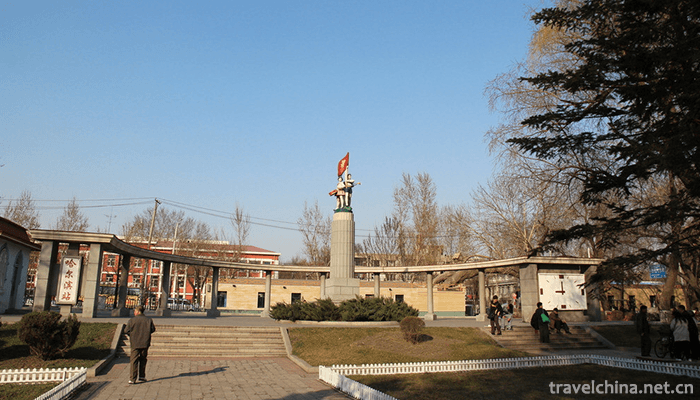
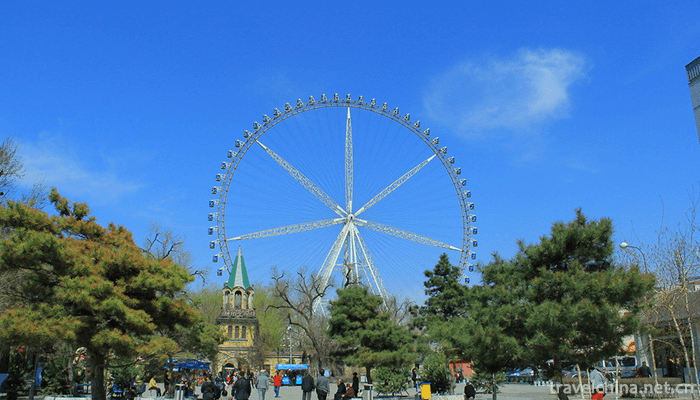
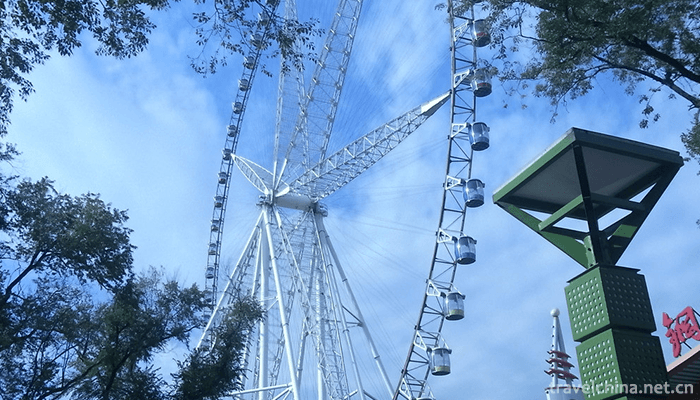
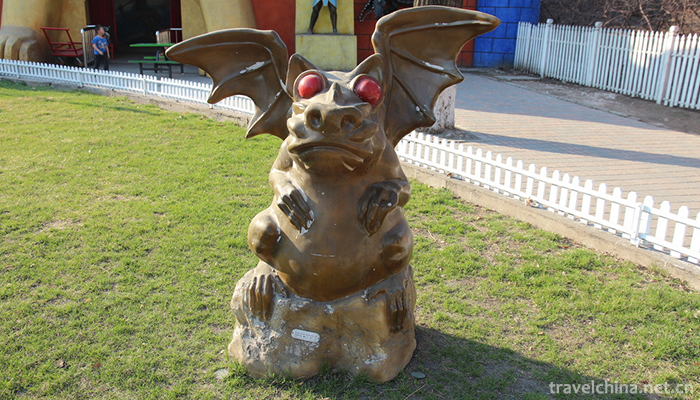
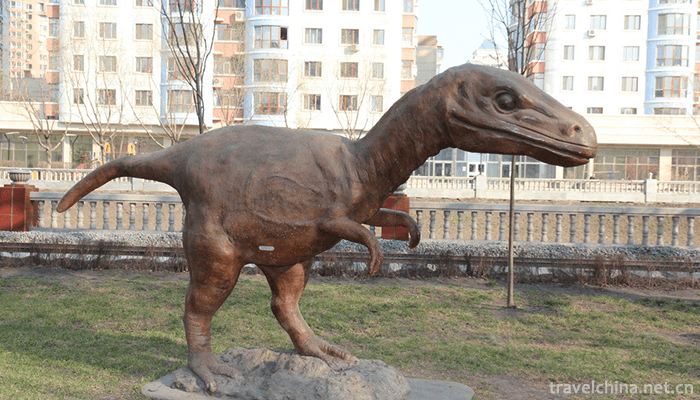

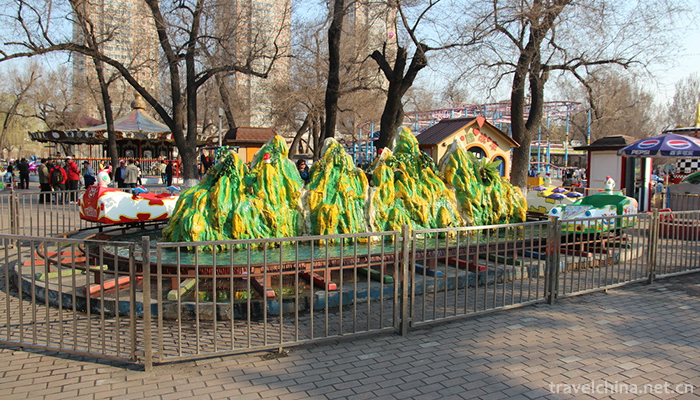
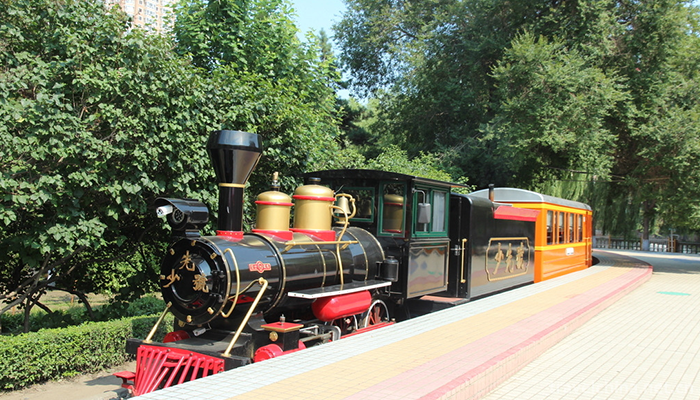
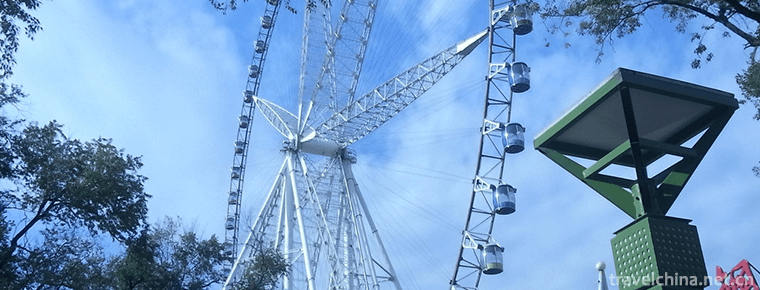
-
1.Tianshan Tianchi Scenic Area
Tianchi Mountain: World Natural Heritage, National AAAAA Class Tourist Scenic Spot, National Geopark, National Key Scenic Spot, National Civilized Scenic Spot, International and Natural Biosphere Rese
Time 2018-12-12 -
2.wunv mountain city
Wunu Mountain City is a national key cultural relic protection unit. It was built by Zhu Meng, the ancestor of Koguryo. The three gates of the city are narrow at the bottom of the wall
Time 2018-12-22 -
3.Qinzhou Sanniangwan Tourist Area
Sanniang Bay is one of the ten best scenic spots in Qinzhou, Guangxi. It is the home of Chinese white dolphins. Located on the coast of the Beibu Gulf in southern China,
Time 2019-02-07 -
5.Fish Skin Making Techniques of Hezhe Nationality
Fish skin making techniques of Hezhe nationality, traditional handicraft techniques of Raohe and Fuyuan in Heilongjiang Province, are one of the national intangible cultural heritages.
Time 2019-05-03 -
6.Canadian Tibetan carpet weaving skills
Canadian Tibetan carpet weaving skills, traditional handicraft in Huangzhong County, Qinghai Province, one of the national intangible cultural heritage.
Time 2019-05-05 -
7.Qiang embroidery
Qiang embroidery evolved and developed on the basis of inheriting the ancient Qiang people's embroidery. Mainly distributed in Wenchuan County, two towns and four townships (Mianfu Town, Weizhou
Time 2019-06-10 -
8.Tao Zhugong Legend
Tao Zhugong's legend originated from Dingtao, Shandong Province, and is widely spread among Chinese people and Chinese businessmen in the world. It has a history of more than 2500 years. Tao Zhugong,
Time 2019-06-18 -
9.Sichuan University Of Science and engineering
Sichuan University of Light Chemical Industry is a general full-time university with more than 50 years of undergraduate and nearly 20 years of postgraduate education, which has coordinated developmen
Time 2019-08-31 -
10.Leshan landform
Leshan City is located in the transition zone from Sichuan basin to southwest mountainous area. The overall trend is high in Southwest China and low in Northeast China. The highest point is the main peak of Ma'anshan in Ebian Yi Autonomous County, with an altitude
Time 2020-12-17 -
11.Nanchong transportation
In 2019, the total mileage of Nanchong highway is 23100 km, including 574.06 km of expressway. The highway freight turnover was 10.921 billion ton kilometers, down 1.6% from 2018, and the highway passenger transportation turnover was 2.511 billion person kilometers, 17.7% lower than that in 2018.
Time 2020-12-17 -
12.Yibin landform
The topography of Yibin City is high in the southwest and low in the northeast. In the west, there are yuxu of Liangshan and Xiaoliangshan, and Laojun Mountain is the highest point of Wuzhi Mountain in Pingshan County with an altitude of 2008.7 meters;
Time 2020-12-18